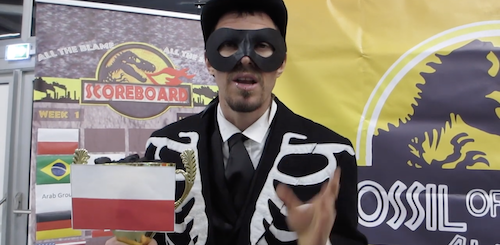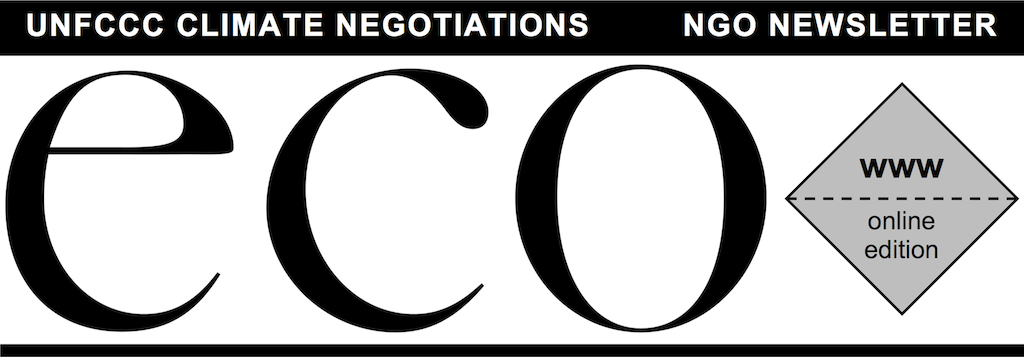This is an Emergency – Pledge to Rebel
“We represent a number of nations, like my own, that face extinction”. Yesterday, the President of the Marshall Islands, Hilda Heine, issued a warning. In a packed press conference, leaders from across the world came together to call for radical action on the climate crisis. Make no mistake, the path we are currently on will render species, cultures and even entire nations at risk of extinction. We cannot, and must not, allow this to happen.
Mohamed Nasheed, the former President of the Maldives, hammered the point home.“We are not prepared to die,” he said, “and the Maldives have no intention of dying … If we continue business as usual, then we will not survive”.
We support these calls for action and we have been fighting hard to get a robust Paris Rulebook and ensure enhanced NDCs by 2020 – but we will do more.
Whatever does or does not happen in Katowice, it is clear now that something new is emerging. Across the world, the people are rising. From the school strikes in Sweden to the Sunrise Movement in the United States, people are rebelling against their governments.
These movements may have different names and different faces, but they are one: a pledge to tell the truth and to call an emergency an emergency.
... Read more ...


